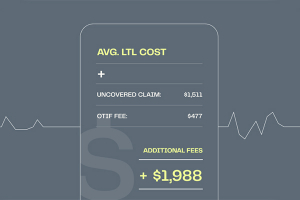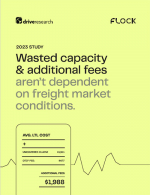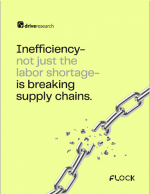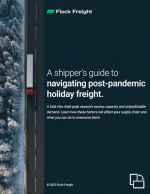Solving Inefficiencies with Green Freight Shipping Solutions
In this green freight shipping guide, we describe how freight shippers are finding more and more that sustainable shipping not only benefits the earth but also their bottom lines.
Sustainability in the Freight Industry
With nearly 2 billion consumers projected to join the freight market in the next five years, there’s potential for LTL companies to experience exponential growth - and also impose far greater risk to Mother Earth. As natural resources deplete, many shippers are finding an even bigger incentive to adopt sustainable shipping and manufacturing practices throughout their global supply chains to ensure the long-term health of their businesses.
The industry has increasingly turned to sustainable supply chain solutions to help mitigate the ecological effects of both manufacturing and shipping, with freight companies finding more and more that sustainable shipping not only benefits the earth but also their bottom lines - especially in the avoidance of damaged goods and remanufacturing costs. Consumer packaged goods (CPG) companies especially have a vested interest in taking measures to preserve and/or find alternative resources: to ensure the longevity of their manufacturing output.
Less-than-Truckload (LTL)-dependent businesses can use a number of solutions to implement greener shipping practices, like exchanging their packaging materials for eco-friendly options and finding alternatives to the hub-and-spoke mode altogether. First, it’s important to understand how the traditional LTL shipping model works and identify the inefficiencies that contribute to such widespread consumption of energy and natural resources.
Topics Covered
Inefficiencies in the LTL shipping industry
- The hub-and-spoke model
- Damage and loss risks
- Remanufacturing costs
- Energy consumption of terminals
- Eco-costs of shipping materials
Green solutions for eco-friendly shipping
- Eco-friendly packaging
- Establishing green partnerships
- Hubless pooling
What’s Related




Favorites





